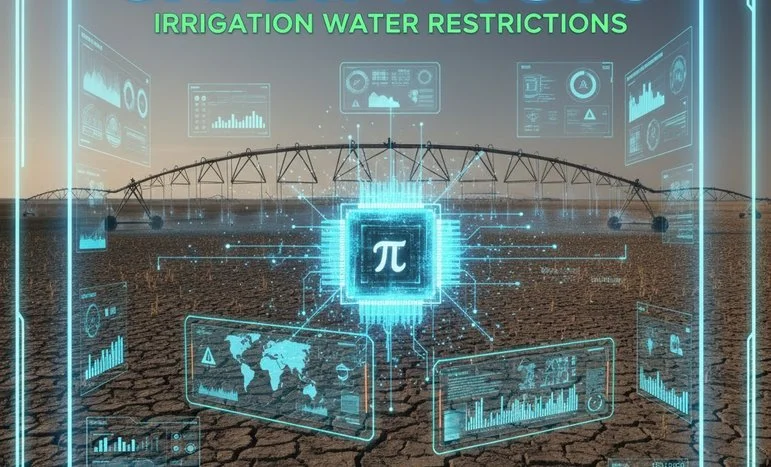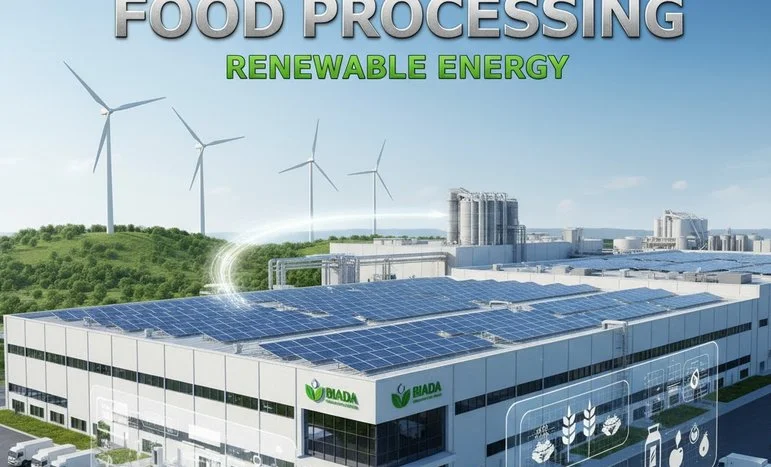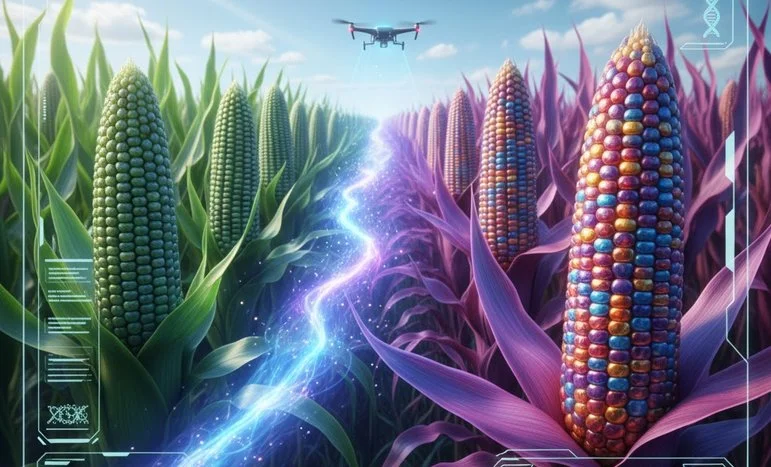
Technology Transforms Irrigation with Smart Pivots Amid Water Restrictions
Introduction
Farmers facing water restrictions and climate challenges are increasingly turning to smart irrigation pivots to optimize water use. These advanced systems leverage sensors, automation, and data analytics to deliver precise irrigation tailored to crop needs, reducing waste and improving yields.
The integration of technology into irrigation represents a significant step toward sustainable agriculture, helping farms conserve water while maintaining productivity.
How Smart Pivots Work
Precision Watering
Smart irrigation pivots use a combination of:
- Soil moisture sensors to monitor water levels
- Weather data to adjust irrigation schedules
- Automated pivot systems to control water distribution accurately
By applying water only where and when it is needed, farmers can maximize efficiency and minimize resource consumption.
Data-Driven Management
Farmers can monitor and control smart pivots through:
- Mobile and web applications for real-time updates
- Predictive analytics to anticipate crop water requirements
- Integration with farm management software for holistic planning
This enables proactive irrigation strategies, reducing overwatering and under-watering risks.
Benefits for Agriculture
Water Conservation
Smart pivots help farms:
- Reduce overall water usage
- Comply with regulatory water restrictions
- Preserve groundwater and surface water resources
Enhanced Crop Yield
By delivering water precisely, crops receive optimal hydration, resulting in:
- Higher productivity and quality
- Reduced crop stress and disease risk
- Improved resource efficiency
Economic Advantages
Automation and efficiency reduce labor and operational costs while increasing profitability. Farms adopting smart pivots can see:
- Lower water bills
- Fewer wasted inputs
- Increased return on investment
Industry Adoption and Expert Insights
Agricultural technology experts highlight the potential of smart pivots to transform irrigation practices. Dr. Hannah Lee, a precision farming specialist, notes:
“Smart pivots allow farmers to respond dynamically to environmental conditions. They are crucial for sustainable water management in modern agriculture.”
Farmers piloting these systems report improved efficiency, cost savings, and better crop outcomes, demonstrating the technology’s practical benefits.
Smart irrigation pivots are revolutionizing water management in agriculture, particularly in regions facing water restrictions. By combining precision technology, real-time monitoring, and automation, farmers can conserve resources, maintain crop health, and enhance overall sustainability.
As adoption grows, smart pivots are expected to become an essential tool in climate-resilient farming, ensuring that agriculture remains productive, efficient, and environmentally responsible.
We appreciate that not everyone can afford to pay for Views right now. That’s why we choose to keep our journalism open for everyone. If this is you, please continue to read for free.
But if you can, can we count on your support at this perilous time? Here are three good reasons to make the choice to fund us today.
1. Our quality, investigative journalism is a scrutinising force.
2. We are independent and have no billionaire owner controlling what we do, so your money directly powers our reporting.
3. It doesn’t cost much, and takes less time than it took to read this message.
Choose to support open, independent journalism on a monthly basis. Thank you.



















